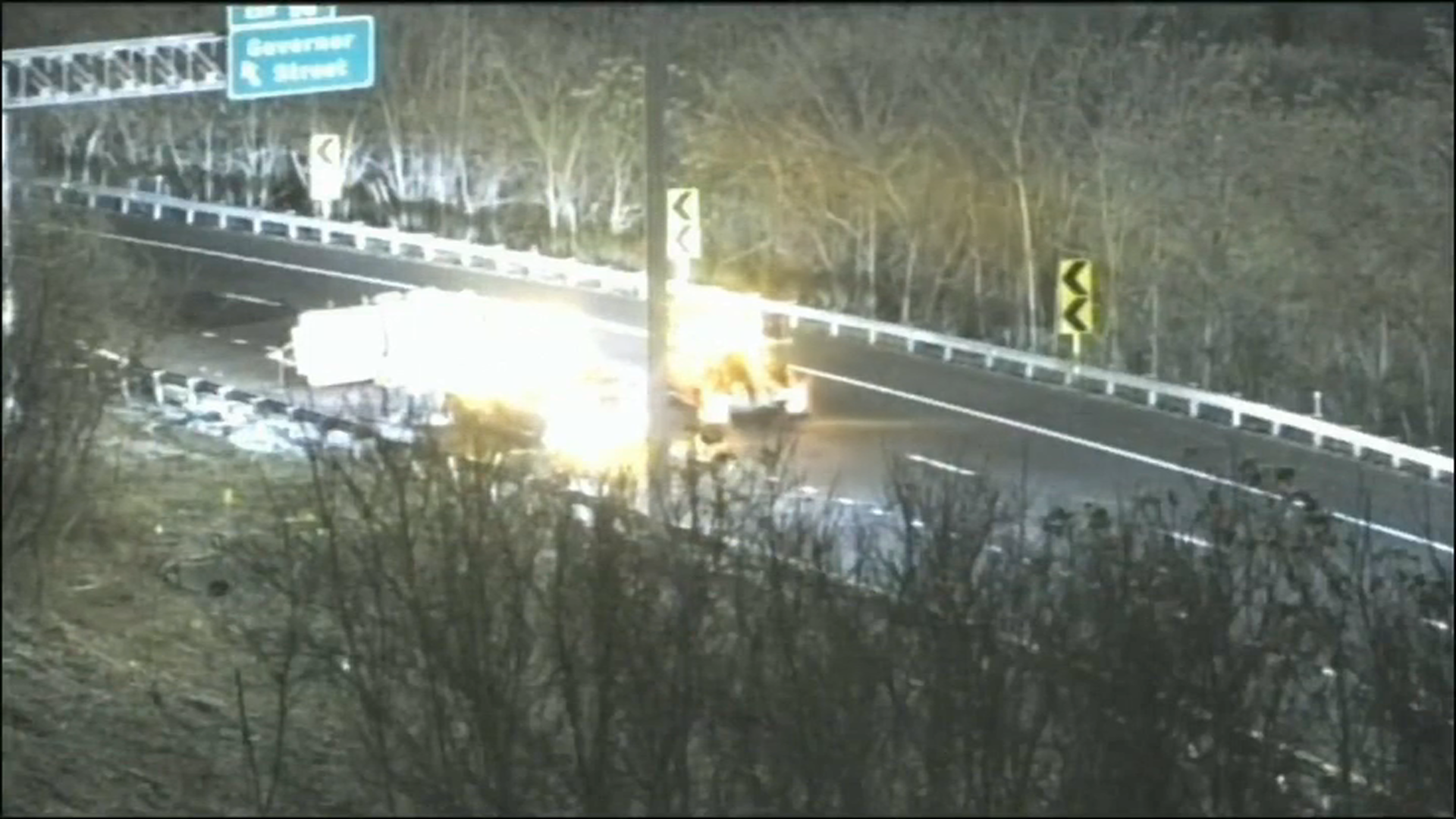Lawmakers are once again considering eliminating the car tax, this time with a five-year plan to phase it out.
The bill would also allow municipalities to tax a higher portion of real estate and commercial properties to make up for the $1 billion in revenue lost.
“Basically from two tax, we’re combining one,” Sen. MD Rahman (D-Manchester) said.
Rahman led a task force that study the idea and suggested eliminating the car tax, but couldn’t find a way to make up the revenue.
Get top local stories in Connecticut delivered to you every morning. Sign up for NBC Connecticut's News Headlines newsletter.
That lost revenue has been a sticking point as lawmakers have been trying for years to eliminate the car tax.
“We understand that people have concerns about it, but it just does generate $1 billion in revenue,” Connecticut Council of Small Towns Executive Director Elizabeth Gara said.
Rahman and other lawmakers think they’ve found a solution. The bill would phase out the car over five years, starting with an exemption for the first $5,000 of a vehicle’s value and culminating with a full exemption in 2028.
Towns would instead collect more from property taxes.
State law currently allows towns to tax only 70% of the value of homes and businesses. The bill would raise that cap over five years to 90%.
Municipalities say that would mean a tax break for some, but others would see their bills go up.
“There are some homeowners that will end up seeing an increase in taxes and maybe they were families didn’t own a very expensive car,” Gara said.
Proponents say the change would eliminate a regressive tax and make owning a car more affordable for low-income families.
“If they have the car, they can have the job, they can make money,” Rahman said.
The Connecticut Voices for Children supports the plan, but said the state needs to also come up with a plan to make property taxes less regressive.
They suggested the legislature look for a way to make the property tax progressive, similar to the income tax and it’s tax brackets.
“Connecticut has a regressive tax system, meaning it unfairly burdens low- and middle-income tax filers and exacerbates the state’s high level of economic inequity, and the property tax is the primary factor contributing to Connecticut’s regressive tax system,” CT Voice said.
Some lawmakers, meanwhile, said the bill does not present the best way to eliminate the motor vehicle tax.
Sen. Ryan Fazio, (R-Greenwich) said the any elimination of the car tax should come with changes that help towns bring down their tax burdens, not plans to shift the obligation to another revenue stream.
“I'm in agreement that it’s a stupid tax, I just think we need this in combination with significant reforms,” Fazio said.



